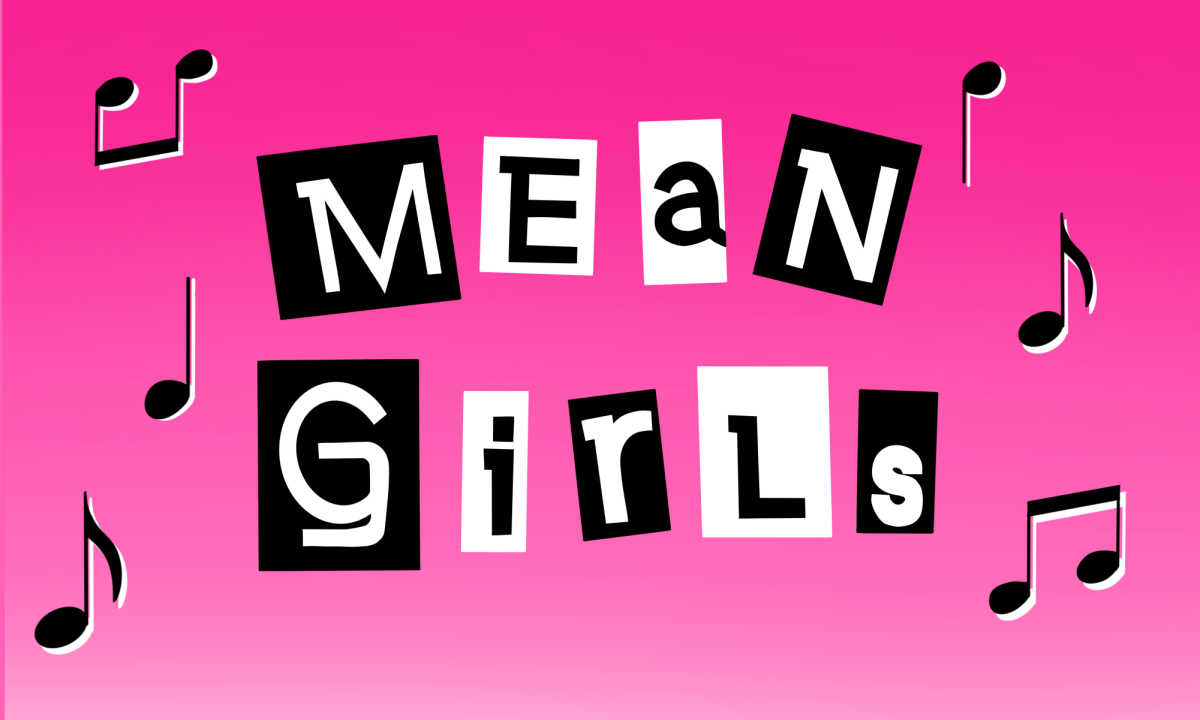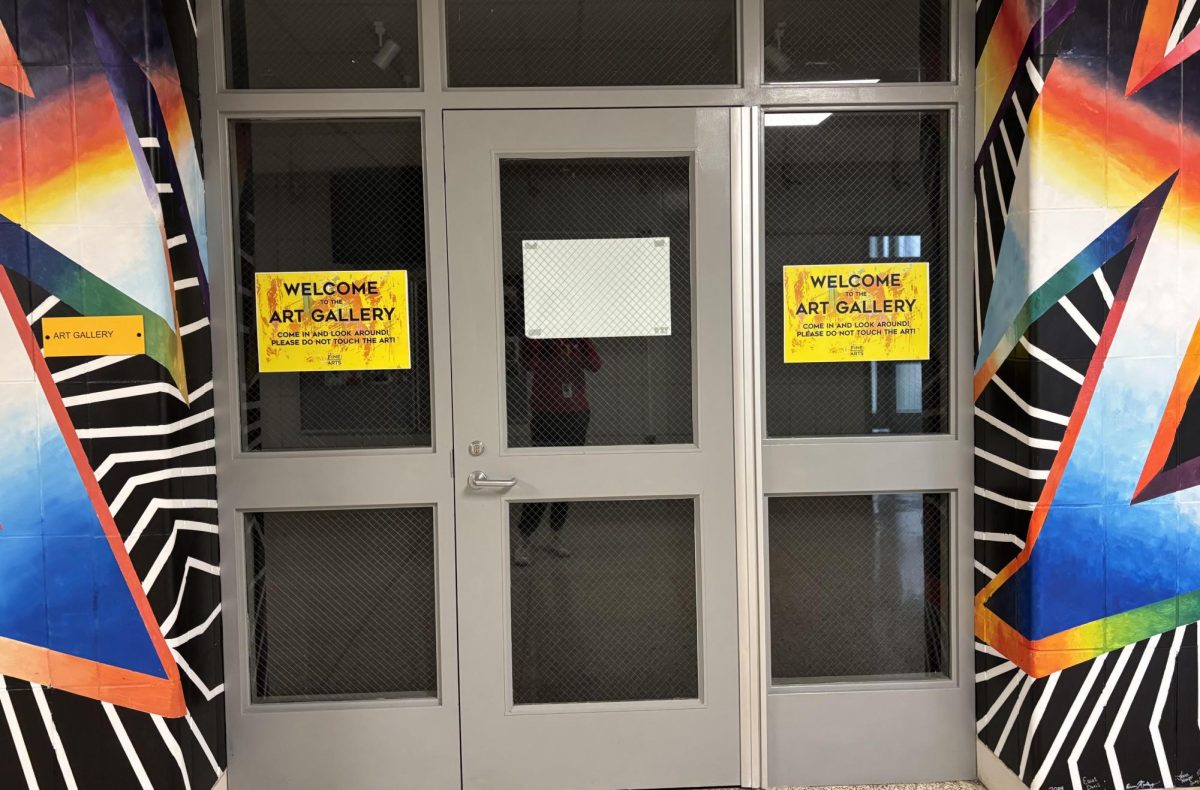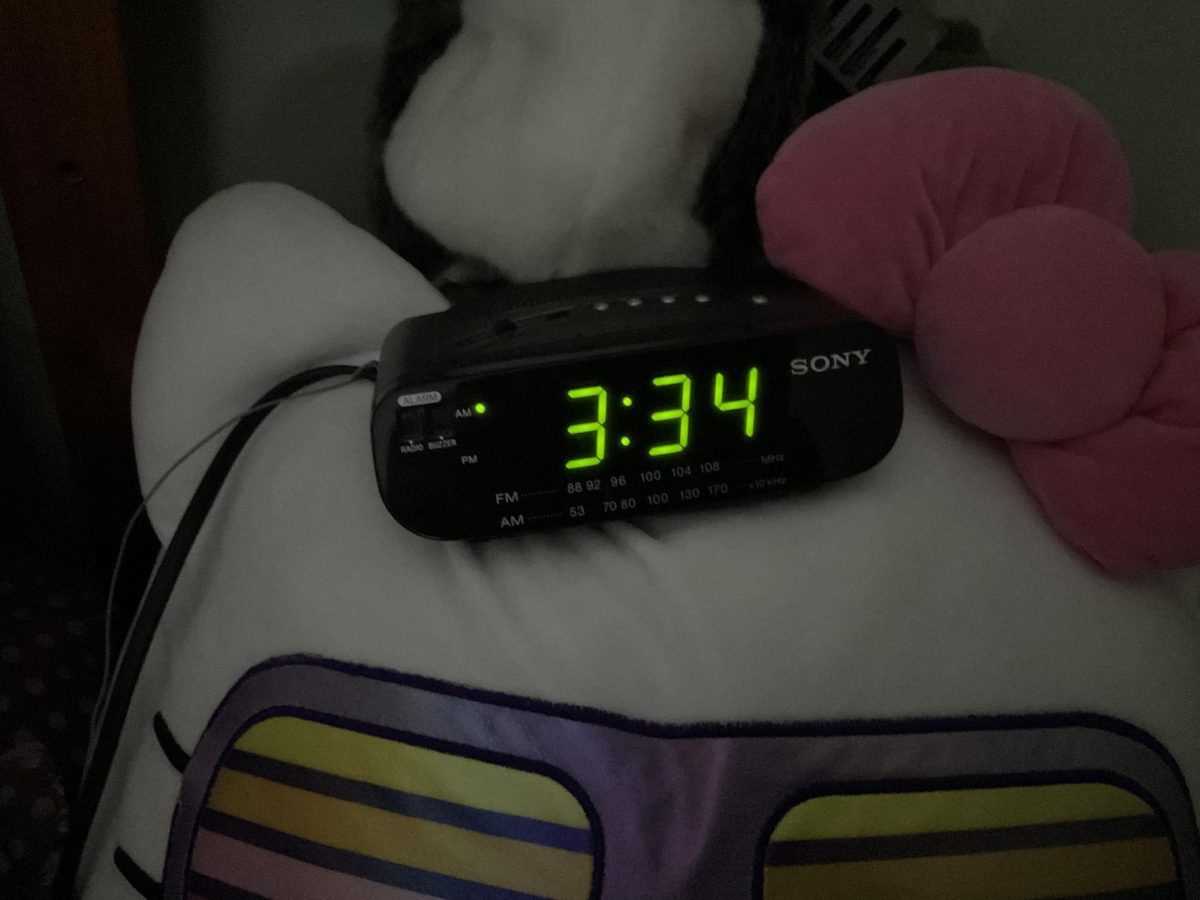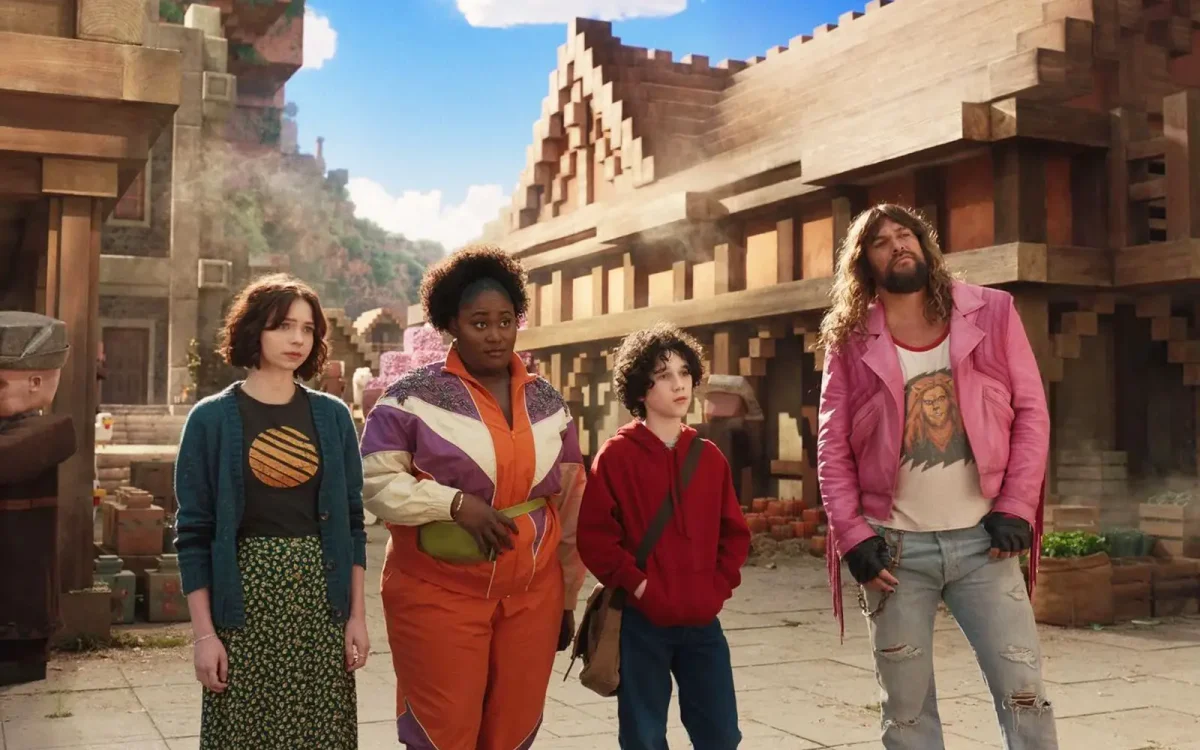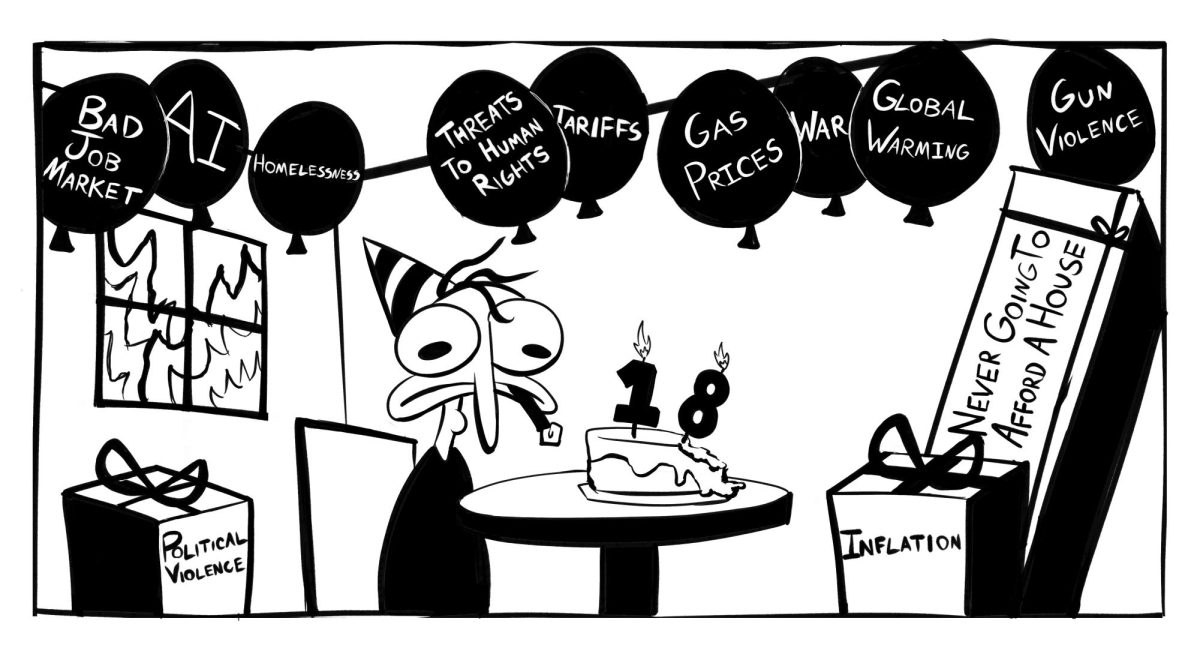On January 12th, 2024, Mean Girls released in theaters, again. The new adaptation of the classic film hoped to emulate the charm that made the original a cult-classic.
For those who aren’t familiar, the original Mean Girls film, released in 2004, follows Cady Heron, a previously homeschooled girl who used to live in Africa, as she navigates the treacherous world of public high school. The naive protagonist finds herself plunged into unfamiliar territory with strict cliques of nerds, geeks, art kids, and of course, mean girls. She befriends Janis Ian, an outcast at North Shore High School, and helps her plot to take down the Plastics and their ruthless queen bee leader, Regina George, from the inside. However, Cady finds herself drawn to the Plastics’ popularity and quickly loses her sense of self and morals, becoming a Plastic herself.
The movie’s vicious humor and iconic scenes made for a much-beloved film and provided valuable insight warning against being mean for the sake of it. However, some of the blatantly sexist humor and racist commentary in the film made some fans eager for a remake that would leave those remarks back in the early 2000’s.
The new Mean Girls movie isn’t exactly a remake of the 2004 original, though. It’s actually an adaptation of the 2018 Broadway musical version, though you wouldn’t know that from watching the trailers. Much of the controversy surrounding the new Mean Girls musical revolves around the fact that many viewers went into theaters not knowing that it was a musical at all.
Promotional material for the film was released on social media apps like TikTok, Instagram, and Youtube, and hardly any of it showed the actual music. Instead, they featured snappy one-liners from Regina George and phrases like, “Not your mother’s Mean Girls” that seemingly served no purpose but to make the millennial fanbase of the original Mean Girls feel old. Trailers even featured some scenes that seemed to be copies of scenes from the 2004 film, making many think they were going to see an adaption of that movie. Many moviegoers said they felt “misled” after going to see the film, including freshman Hanna Crumpler, who said she had no idea it was going to be a musical before the movie started.
Another critique was that the music in the movie wasn’t adapted well from the Broadway musical. A common consensus was that the vocals from Cady’s actress, Angourie Rice, were rather lackluster compared to those of her costars, and did not do the original justice. Leah Simpson, a sophomore here at Hinsdale South who’s involved in musical theater herself, says that the director’s choice to cast non-singers like Rice in singing roles led them to have to modify the songs in ways that “led to disappointment” for many, and it wasn’t a good idea to make the film a musical at all.
Mean Girls is not the only musical movie that has failed to mention its musical numbers in its trailers. Other new movies, like Wonka and The Color Purple, both new adaptations of old classics, advertised themselves as normal movies without mentioning or showing any of the music in the trailers at all.
The reason for this, according to the president of global marketing for Paramount, which made Mean Girls, says that they didn’t want to “run out and say it’s a musical” because they didn’t want to turn off audiences. He claimed that audiences treat musicals differently, and not advertising Mean Girls as a musical could show them that it had a broader appeal.
Despite the studio’s good intentions, this marketing strategy was not a good approach; as freshman Alyssa Pendon stated, Mean Girls was “not advertised the right way”. Studios shouldn’t be intentionally tricking audiences into buying tickets for a movie that isn’t close to what was in the trailers, even if some of those people do end up liking the film in the end. If representing a movie honestly isn’t enough to convince audiences to go see it, it’s not the marketing that needs to change – it’s the movie itself.

